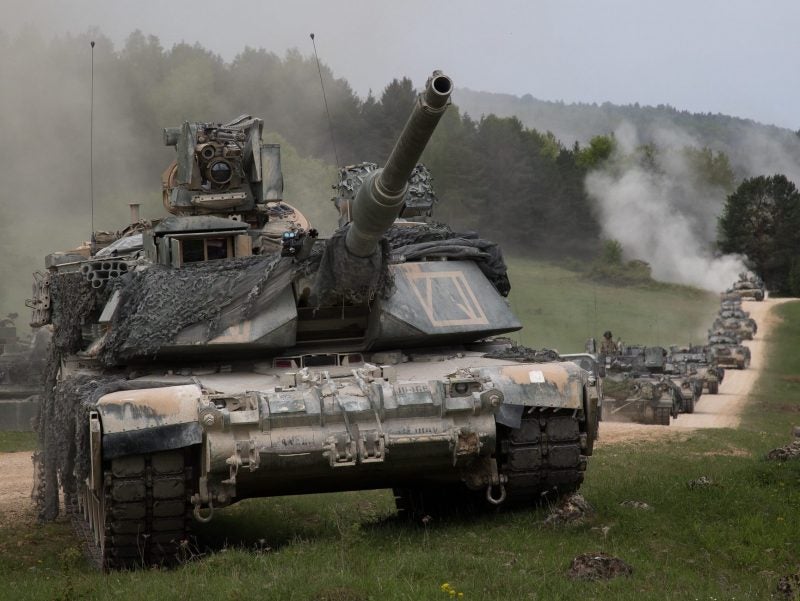
China will sanction US defence companies involved in a $2.2bn arms deal with Taiwan for tanks, missiles and other systems that Beijing has attacked as “a serious violation of international law”.
The Pentagon agreed the deal, which includes General Dynamics M1A2T Abrams tank and Raytheon surface-to-air Stinger missiles, last Monday. These companies, along with BAE Systems and Oshkosh, are all facing penalties. The US defended the deal saying it would not affect the region militarily.
How well do you really know your competitors?
Access the most comprehensive Company Profiles on the market, powered by GlobalData. Save hours of research. Gain competitive edge.

Thank you!
Your download email will arrive shortly
Not ready to buy yet? Download a free sample
We are confident about the unique quality of our Company Profiles. However, we want you to make the most beneficial decision for your business, so we offer a free sample that you can download by submitting the below form
By GlobalDataA spokesperson for China’s Ministry of Foreign Affairs said last week: “To safeguard our national interests, China will impose sanctions on the US enterprises involved in the above-mentioned arms sales to Taiwan.”
The spokesperson added today: “We urge the US to abide by the one-China principle and the three China-US Joint Communiques, not allow [Taiwan President] Tsai Ing-wen’s transit and stop the official exchange with Taiwan.
“It must no longer provide any platform for the separatists to advocate ‘Taiwan Independence’. It needs to deal with Taiwan-related issues properly and with caution to avoid damaging China-US relationship and peace and stability across the Taiwan Straits.”
The effect of the sanctions will be marginal as US defence companies have been barred from working with China since the 1989 Tiananmen Square massacre. However, the deal will affect the companies’ non-military deals.
As part of its relationship with Taiwan, the US is mandated to assist the country by supplying defence and military equipment.
The Taiwanese Ministry of National Defence said: “The national army will continue to strengthen its key defence forces, ensure national security, protect its homeland, and ensure that the fruits of freedom and democracy won’t be attacked.”
China’s foreign minister Wang Yi said: “We urge the US to fully recognise the gravity of the Taiwan question… [And] not to play with fire on the question of Taiwan”.
Taiwan says the deal will allow the armed forces to keep pace with neighbouring China. Taiwan has 290,000 personnel across the three branches of its military whereas China has two million personnel in the People’s Liberation Army (PLA).
Chinese officials said the deal breaches the ‘one-China’ principle under which most western governments recognise the People’s Republic of China (PROC) as sovereign but hold informal relationships with the government of the Republic of China (Taiwan, ROC). Under the principle, the PROC views Taiwan as a breakaway region, not an independent nation.
The principle was developed after the former Chinese government lost the 1949 civil war and moved its seat of power to Taiwan while still claiming sovereignty over the mainland. China has recently pushed for reunification with Taiwan under a system similar to ‘One China – Two Systems’ which was governs Hong Kong.
General Dynamics and Raytheon have yet to release statements on the sanctions.




